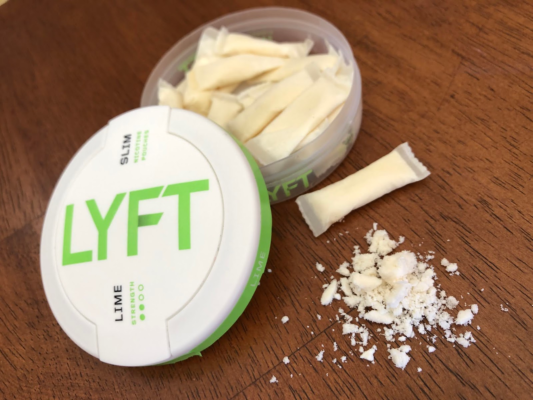More old diseases return, nicotine on the rise, FDA takes a break, and more
18 Nov 2022
Posted by Andrew Kantor
What’s with FDA oversight?
It seems to be a bit lax, according to an investigation in the British Medical Journal. During Operation Warp Speed, despite whistleblower complaints, the agency cut back on inspections and let slip what would otherwise have been cause for at least a strongly worded letter.
[O]nly nine out of 153 Pfizer trial sites were subject to FDA inspection prior to licensing its COVID-19 mRNA vaccine. Similarly, 10 out of 99 Moderna trial sites and five of 73 remdesivir trial sites were inspected.
Problems reported (but not investigated by the FDA), the BMJ says, included “falsified data, unblinded patients, and inadequately trained vaccinators who were slow to follow up on adverse events.”
Side note
This is nothing new. Way back in 2020 “A Science investigation shows that FDA oversight of clinical trials is lax, slow moving, and secretive—and that enforcement is declining.”
Back to the past!
Continuing our coverage of the world’s health slipping into the 1640s, two more Olde Time diseases are reappearing:
- Dengue fever: “Arizona’s Maricopa County reports local dengue case.”
- Scarlet fever: “UK government warns of rise in Victorian illness”.
We don’t want to go back to tomorrow, we want to go forward. —J. Danforth Quayle
Addicts gonna addict
As cigarettes get more expensive and the cool vaping flavors are taken off the market, nicotine addicts are turning to another source: nicotine pouches. Sales of the pouches, according to data from the American Cancer Society, have been rising since 2019, especially of the highest potency versions.
The ACS, for its part, would like to see more messages about the dangers of nicotine, rather than the delivery method.
Of note: No manufacturer has received FDA authorization to market the pouches as either a tobacco product or a smoking-cessation drug. So it’s all word of mouth. So to speak.

Keeping your gut in shape
- The right gut bacteria is important for many-many-lots of reasons.
- Antibiotics kills a lot of gut bacteria — both good and bad.
- Probiotics help restore the good (or at least non-bad) gut bacteria.
With this in mind, who can give me a recommendation for patients on antibiotics? Anyone? You, in the back, from the Journal of Medical Microbiology. You have an answer?
“Take probiotics alongside your prescribed antibiotics to reduce damage to your gut microbiome.”
Captain Obvious already got her workout
“Mums with many children and young children struggle to get their exercise in”.
Limiting uppers
What’s the best medication to treat amphetamine dependency? According to Swedish neuroscientists, one stands out: Vyvanse.
The ADHD medication lisdexamfetamine was associated with the lowest risk of hospitalisation and death in people with amphetamine addiction.
What’s notable is that there aren’t any official-ish treatments for treating addiction to amphetamines, including meth. The Swedes hope to change that with their big study (N=14,000). This means that we might consider Vyvanse as kind of the methadone for amphetamine addiction.
Elsewhere: Oregon Trail edition
Oregon will soon become the first state to make affordable health care a constitutional right.
“It is the obligation of the state to ensure that every resident of Oregon has access to cost-effective, clinically appropriate and affordable health care as a fundamental right.”

Sweet and salty
Sweet: “[H]oney improves key measures of cardiometabolic health, including blood sugar and cholesterol levels — especially if the honey is raw and from a single floral source.”
That’s according to a study out of the University of Toronto and — wait for it — sponsored in part by the US National Honey Board.
Salty: “A diet containing lots of salt can contribute to increased levels of stress, a new study shows.” The RDA for salt is about 6 grams, but most people eat at least 9g. Salt, it seems, increases the activity of genes that produce stress proteins in the brain.
(Caveat: According to the paper, they’re only talking about sodium chloride. As we’ve written before, swapping some NaCl for KCl has some significant benefits.)
Video of the week (month?)
The full story of fentanyl from the excellent Simon Whistler — how it started, how it works, why it’s addictive, why it kills, how it fits into the epidemic … you get the idea.



